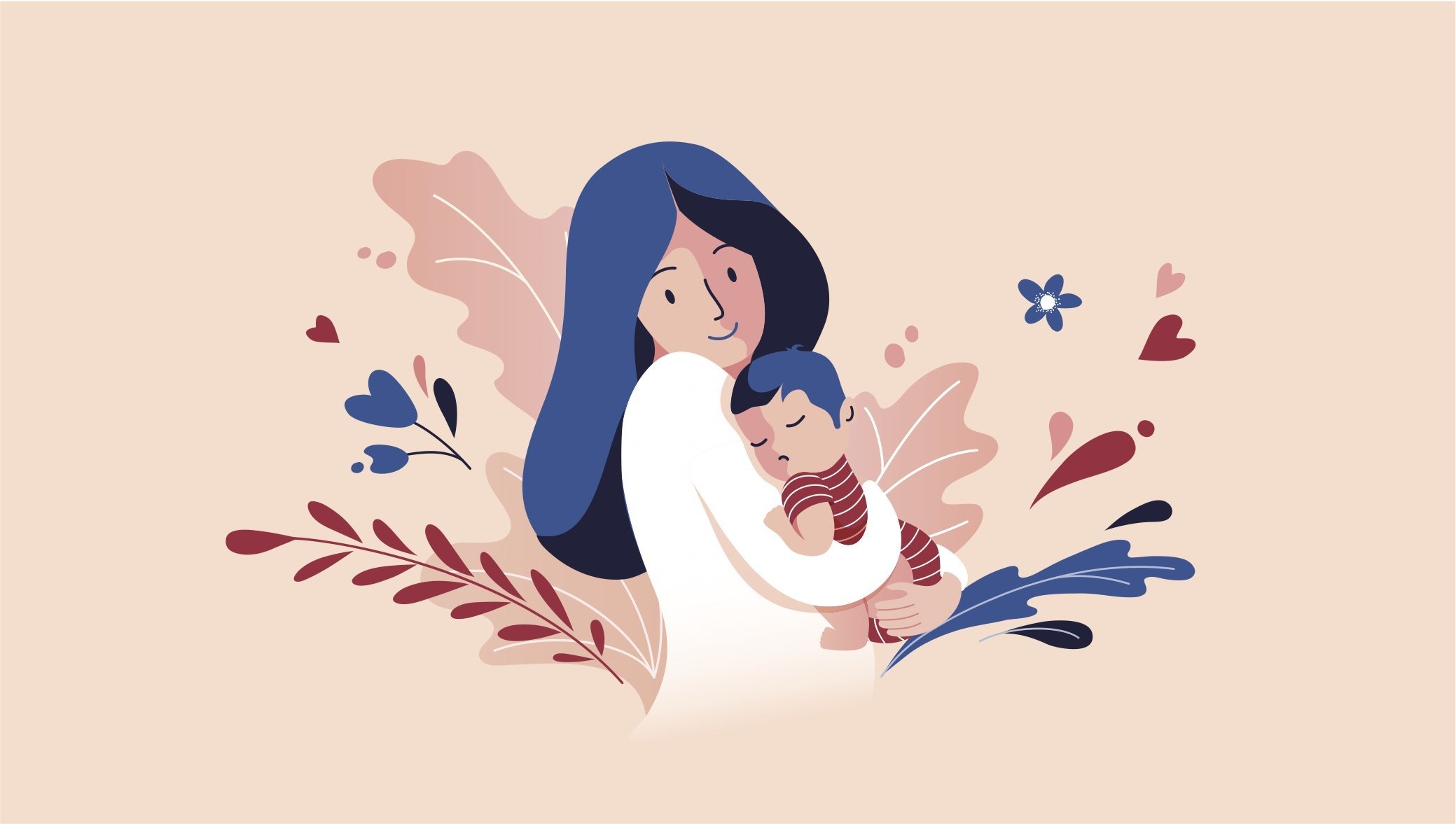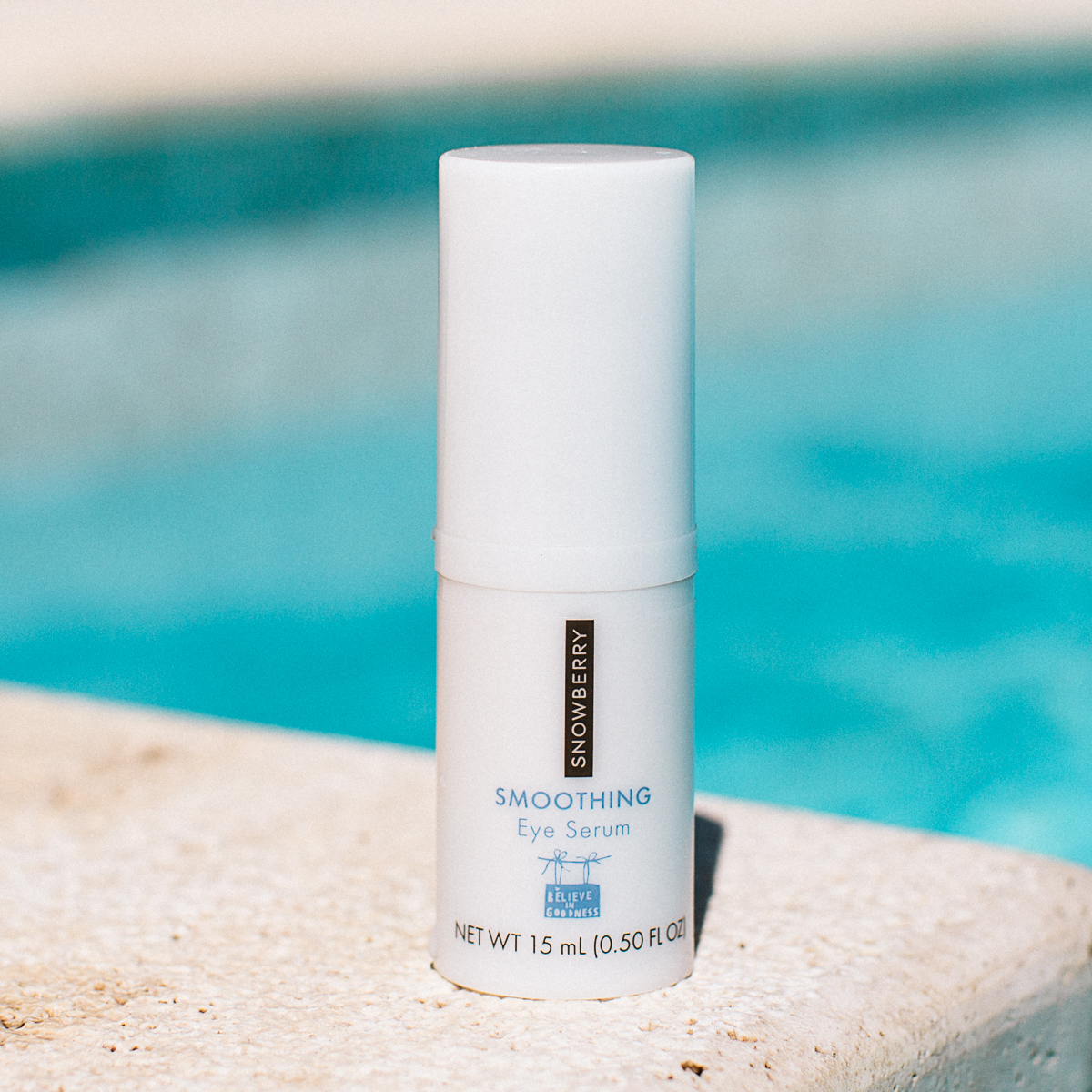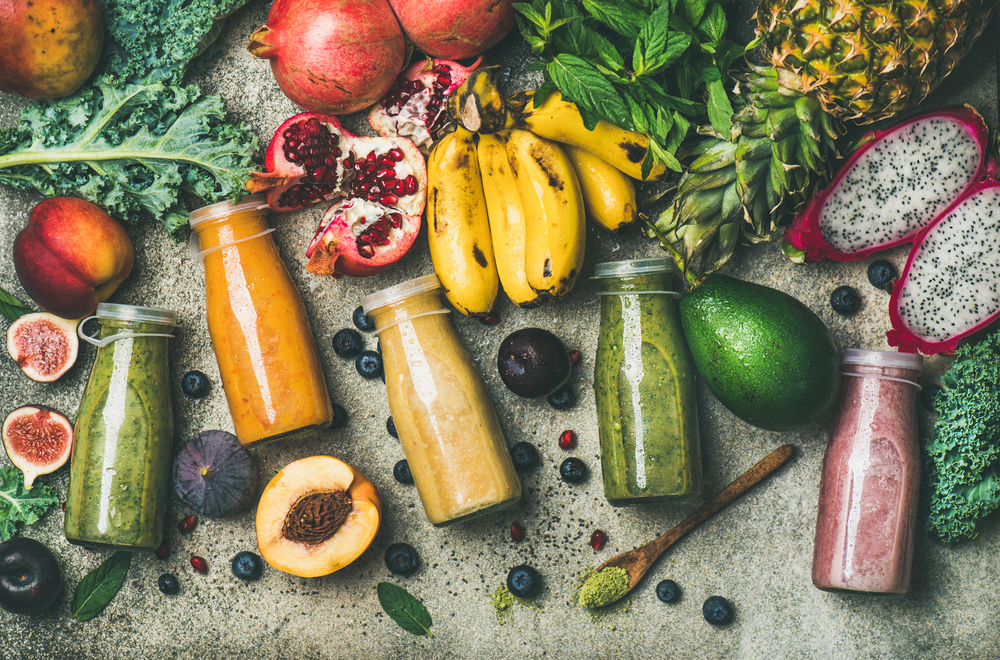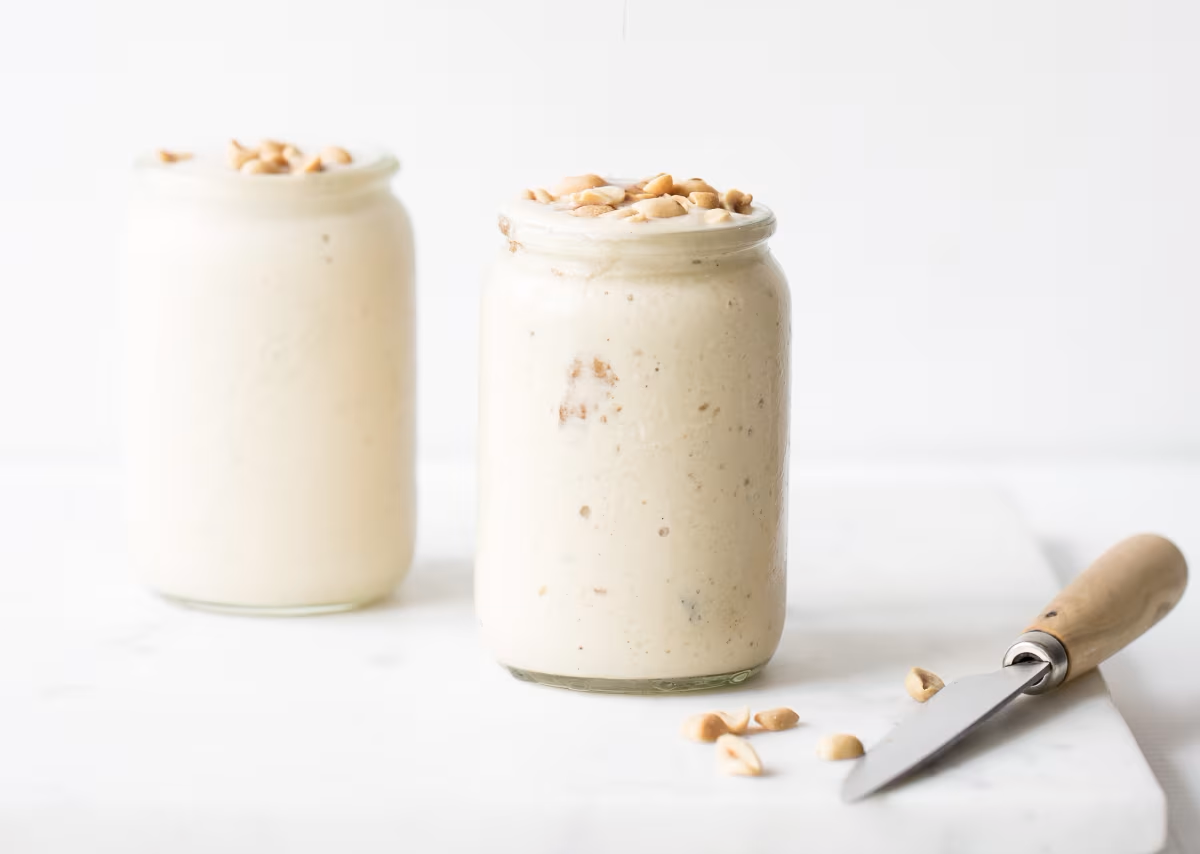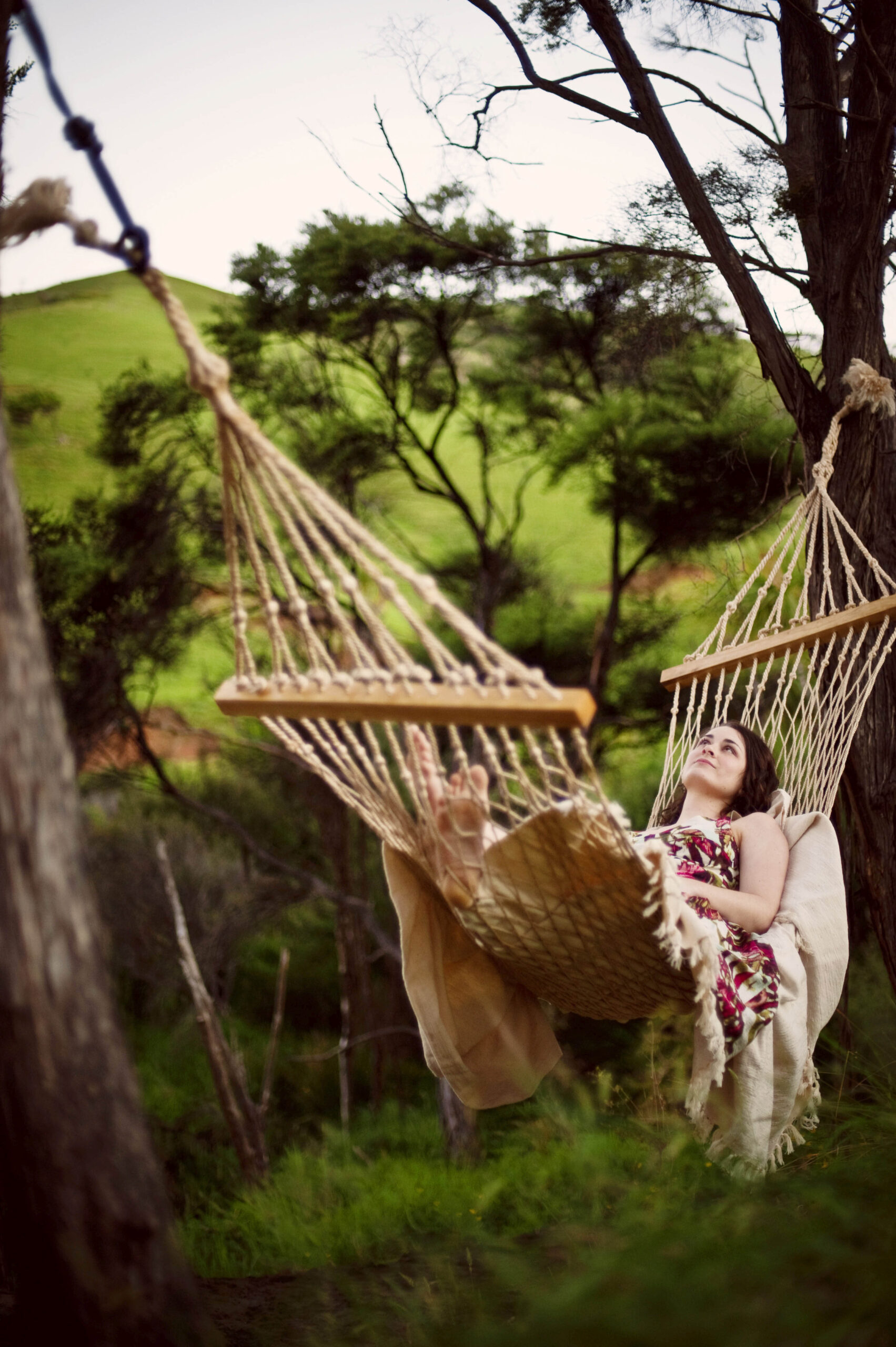“After I had my two boys I was doing great, or at least that’s what everyone else thought,” says mother of two boys, Claire Anderson.
Anderson thought she was going to be on Cloud-9 after she had kids, but that’s not what happened.
“I was one of those mums who would take gorgeous photos of their children on Instagram, but I was deeply struggling inside. My life was not as perfect as it seemed.”
Anderson has two boys Lachlan, three, and Griffin, six months. She was diagnosed with PTSD after her first traumatic birth with Lachlan, and with postnatal depression after she had Griffin.
“I knew that having children was going to be difficult, but I didn’t know it was going to be relentless,” says Anderson.
“With Lachlan, I would have nightmares about the birth, I was constantly on edge. I was having awful thoughts and crazy levels of anxiety.”
At the time, Anderson’s response was to isolate, stay silent and suffer alone.
When she had Griffin, she experienced a lot of ‘mum guilt’. “I would say to myself, I shouldn’t be struggling, I have a beautiful baby boy and this time a really good birth. How can I be sad?”
She wanted so desperately to be happy, but some days she would cry all day in her room, not wanting to come out.
“Postnatal depression is lonely, it’s heavy, it’s dark and it tries to control you,” says Anderson.
Sex and relationship therapist Jo Robertson says research suggests one in eight women suffer from postnatal depression.
“What’s important for a woman to know is that they’re not alone,” says Robertson.
“Every mum experiences changes to their mental health. Having a child is a huge lifestyle change, everyone experiences negative impacts.”
Both Robertson and Anderson share advice for women who are going through similar experiences.
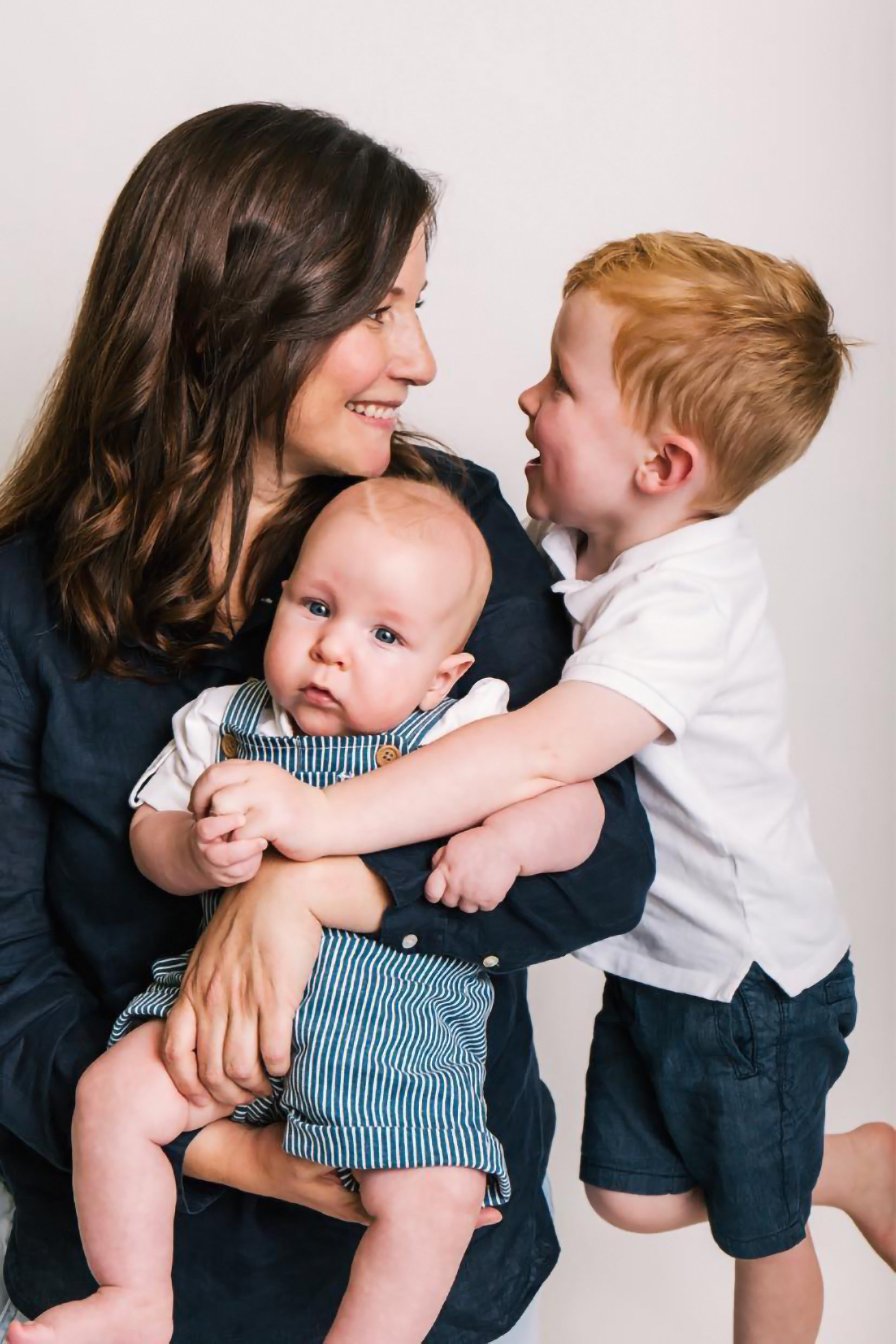
“My whole world changed right side up when I decided to seek the support I needed. My advice is to tap into the resources we have in New Zealand,” says Anderson.
“I found it reassuring knowing that other women had been through the same thing. My psychiatrist told me with great reassurance that everything was going to be okay, and it was.”
Anderson also reached out to her Plunket nurse. “She was gentle, kind and proactive in her response. Immediately she connected me to Maternal Mental Health, a government-run service helping new mums who struggle with postnatal mental health concerns.”
Seeking professional advice helped Anderson through PTSD and postnatal depression, but so did taking some personal steps in her life.
“It could be as simple as taking a shower, getting fresh air, decluttering and cleaning. I would always try to find things to lift my mood.”
Anderson also says her husband was extremely supportive. “He would help with the cleaning and cooking and take the boys away so I could have a break.”
She says she also had three trusted girlfriends she could turn to.
Anderson says it can be easy to feel like you’re failing, but she says it’s important to “use your village”.
“If your friends ask you how they can help, use them. Some of my friends made me dinner and one girlfriend just came over and looked after Griffin for two hours while I cleaned the house. Be specific with your village about the help you need, and don’t be ashamed.”
Jo Robertson agrees that seeking professional help is crucial. “If you are struggling with postnatal depression seeing a counsellor will change your experience massively. It will create long-term change.”
“In the short term, go and see a doctor and find out what medication is right for you.”
Robertson says new mums need to shift from the idea of being a perfect parent to just being good enough.
“There’s a real focus on perfect parenting, but no one can live up to that. Being good enough, is actually great,” says Robertson.
She encourages new mums to be kind to themselves and set achievable goals.
“It’s good for your brain to achieve something, whether it is just doing the washing, or cooking a meal.”
Robertson also says that if you need space from your baby, that’s okay too.
“Ask for more time away from the baby, set aside one morning in the weekend.”
She also says social media can be damaging, but only if you’re following the wrong things.
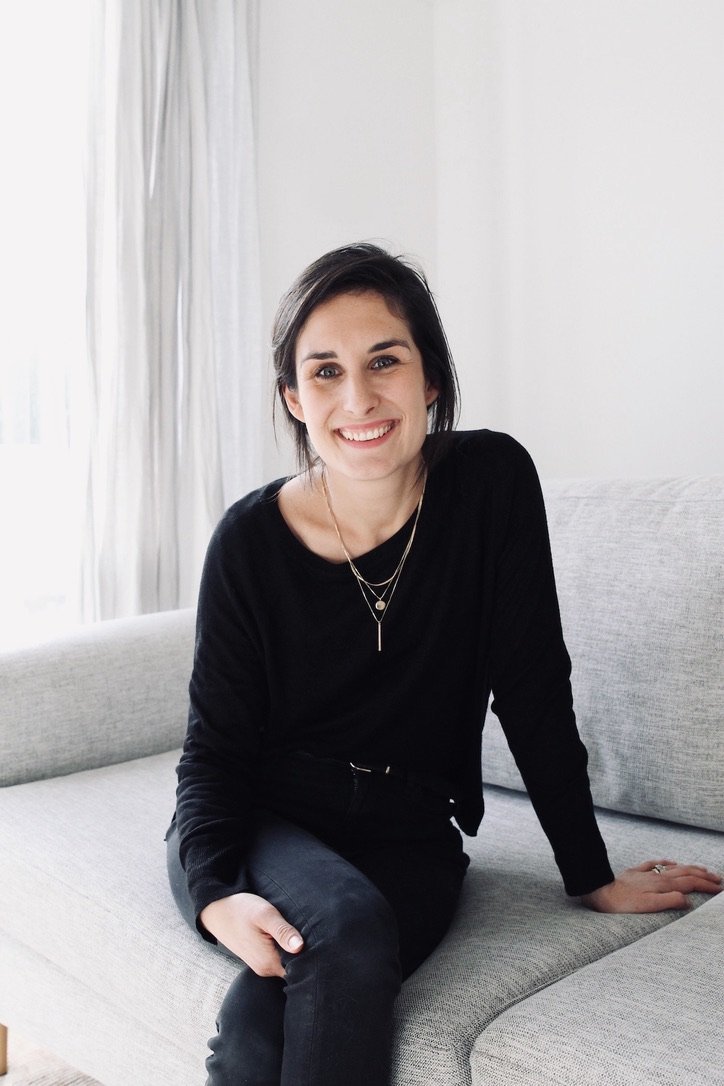
“See it for what it is, see society for what it is, and identify helpful messages and unhelpful ones. Unfollow anybody who doesn’t make you feel good. Be selective about what you let into your life in vulnerable seasons.”
Robertson says the relationship you have with your partner is a total game-changer in vulnerable times.
“Your relationship is pivotal in that first year. The support of a partner is so significant. If your relationship is struggling, get help while you’re pregnant and set yourselves up for a win.”
How can you keep your relationship strong physically through challenging times if you’re struggling with your sex life?
Robertson says is it totally normal for women to be disinterested in intimacy after having a child.
“From my personal experience of talking to clients, it can take up to six weeks for a woman to seek intimacy again.”
“Eighty-nine per cent of people resume sexual intercourse within six months of giving birth, and 41 to 83 per cent struggle with sex post-partum.”
“Low levels of oestrogen has an impact on your sexual desire and that will happen for the whole duration of your breastfeeding,” says Robertson.
She says, while you might not be sexually aroused, you may want to be close to your partner.
“The sex is more painful, you are stressed and you might be concerned or self-conscious with your new body. That is so normal! From my experience, it takes about two years for people to recover and go back to having sex the way they were before.”
Jo Robertson shares some strategies for intimacy.
- Take it slow
- Intimacy is important
- Less focus on penetrative sex
- More focus on foreplay
- Take the shame out of lack of desire—it’s normal and okay
Anderson says being intimate doesn’t have to mean having sex. “Intimacy can take different forms. I had extensive internal and external tearing, so it wasn’t even an option in the first few weeks.”
“What I really appreciated from my husband, was receiving touch that didn’t require anything of me. Whether that be a massage or a cuddle. My body was always giving out (breastfeeding), so I needed a break.”
While Anderson’s birth experiences were horrific, she had access to the services she needed to ensure her and her babies were healthy, Plunket nurses, doctors, Maternal Mental Health services, psychiatrists and therapists. But sadly, in many countries, like Indonesia, women can face similar challenges without this kind of support. With this in mind, New Zealand aid agency, Tearfund, has launched a new programme to support mums and their babies from before their first breath until their first birthday.
How can you help support Tearfund’s Mums and Bubs programme in Indonesia?
Indonesia has one of the highest maternal and neonatal mortality rates in Southeast Asia. Two mothers and eight newborns die every hour from preventable causes.
Tearfund’s new programme provides prenatal and postnatal care for women, regular check-ups, mental health checks and education for mums.
To learn more visit here.
